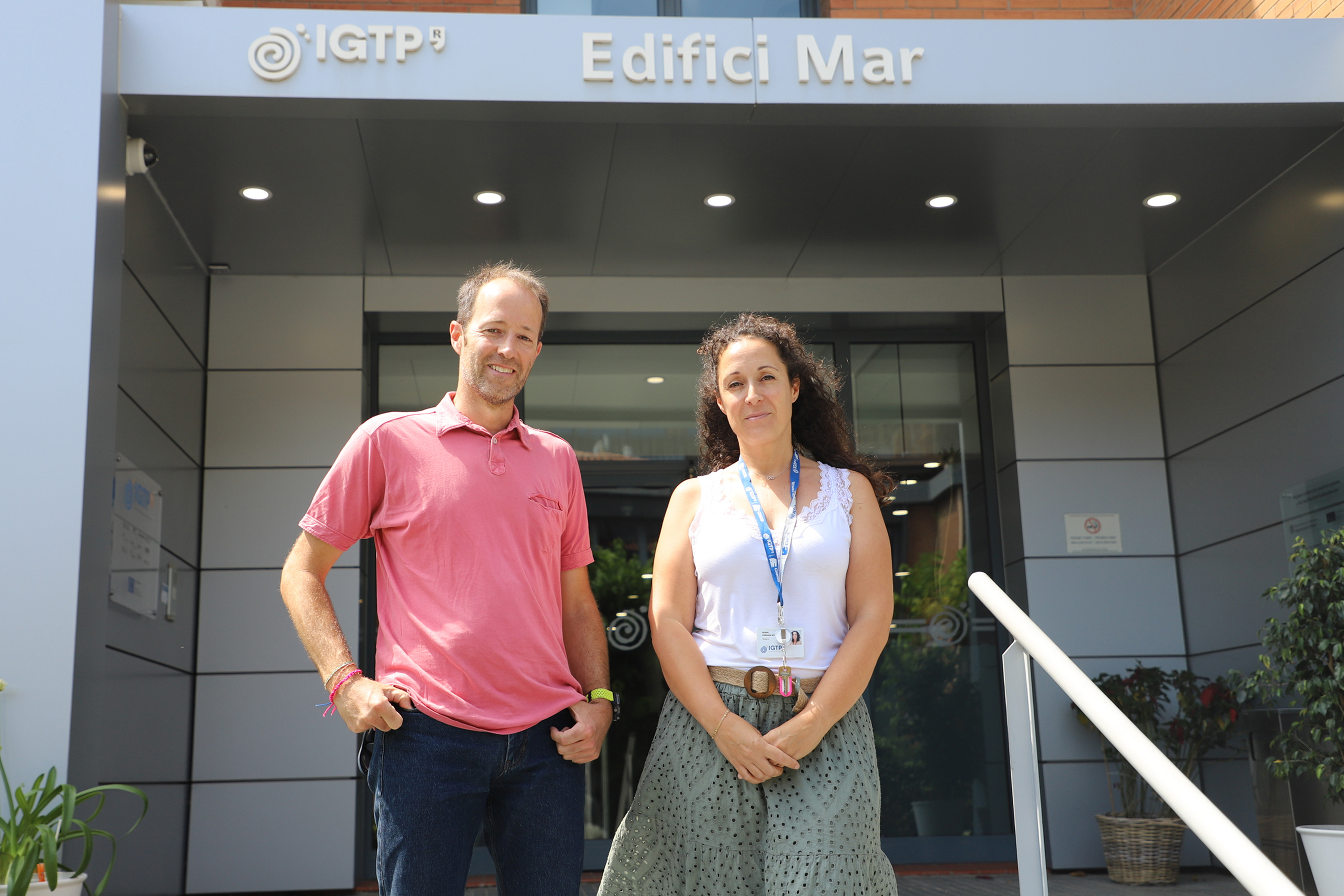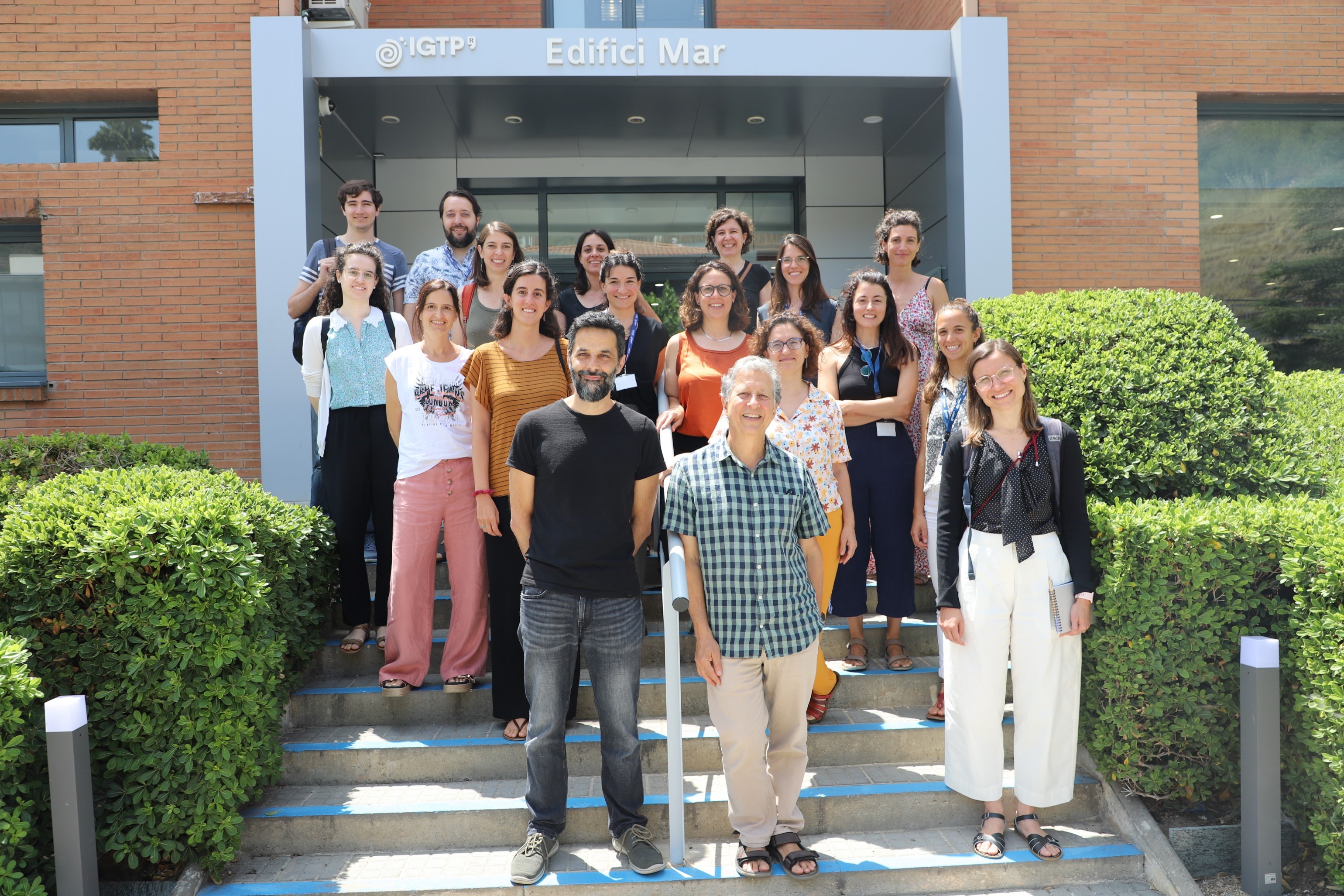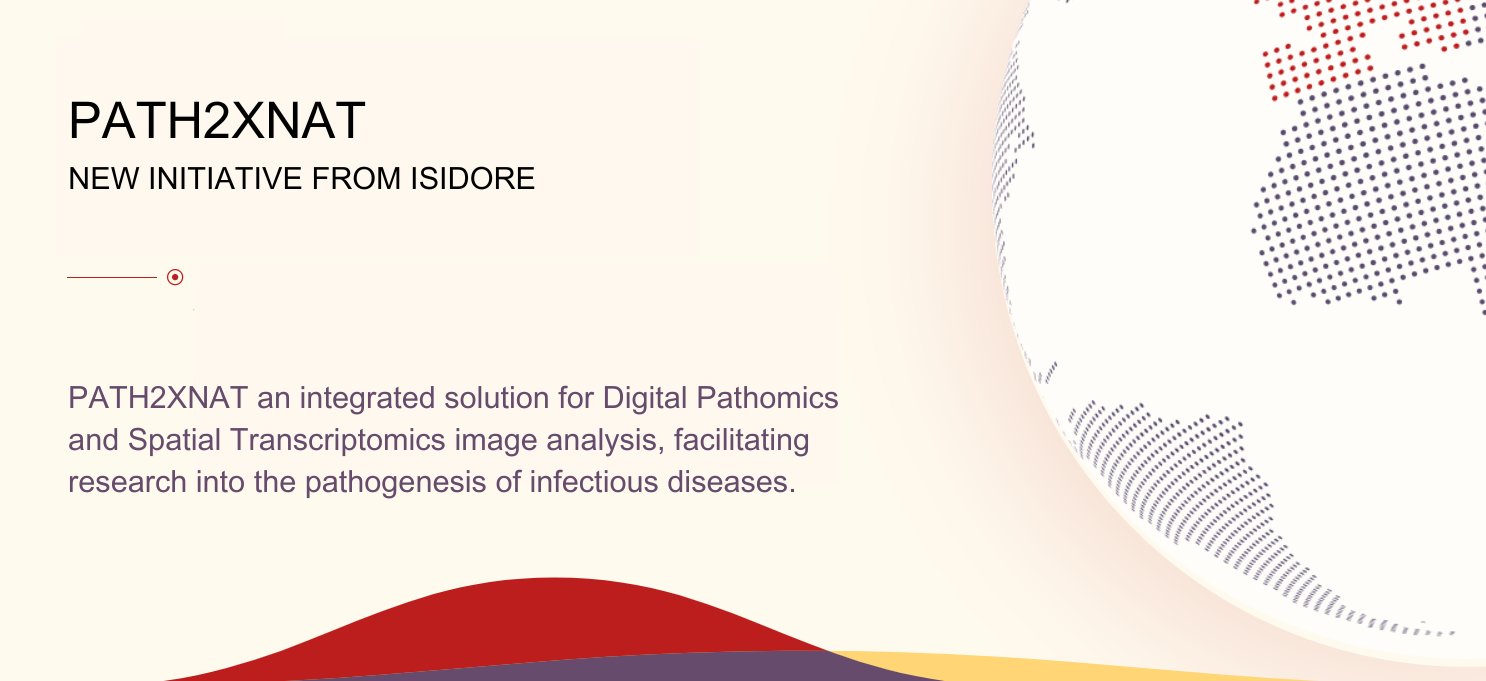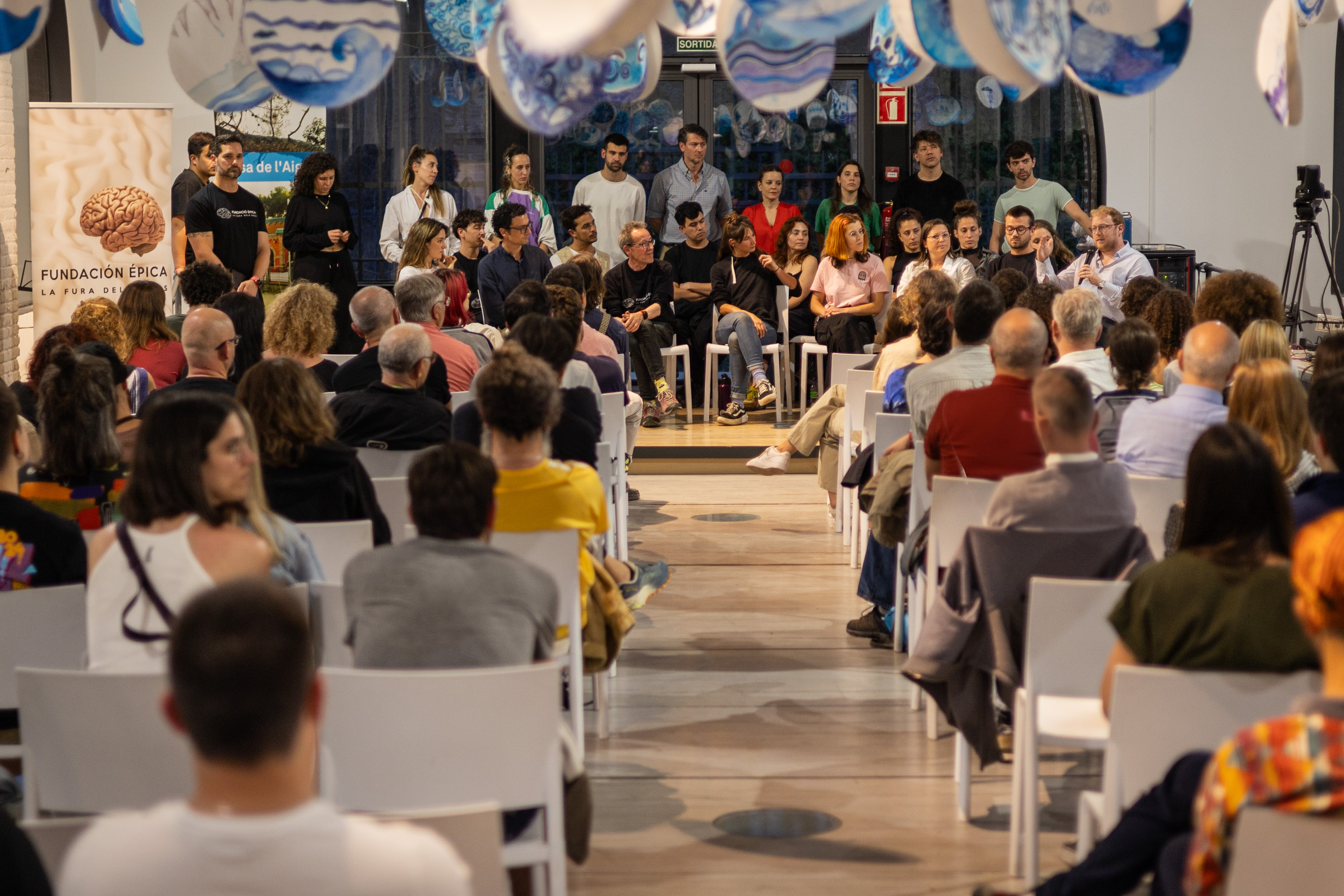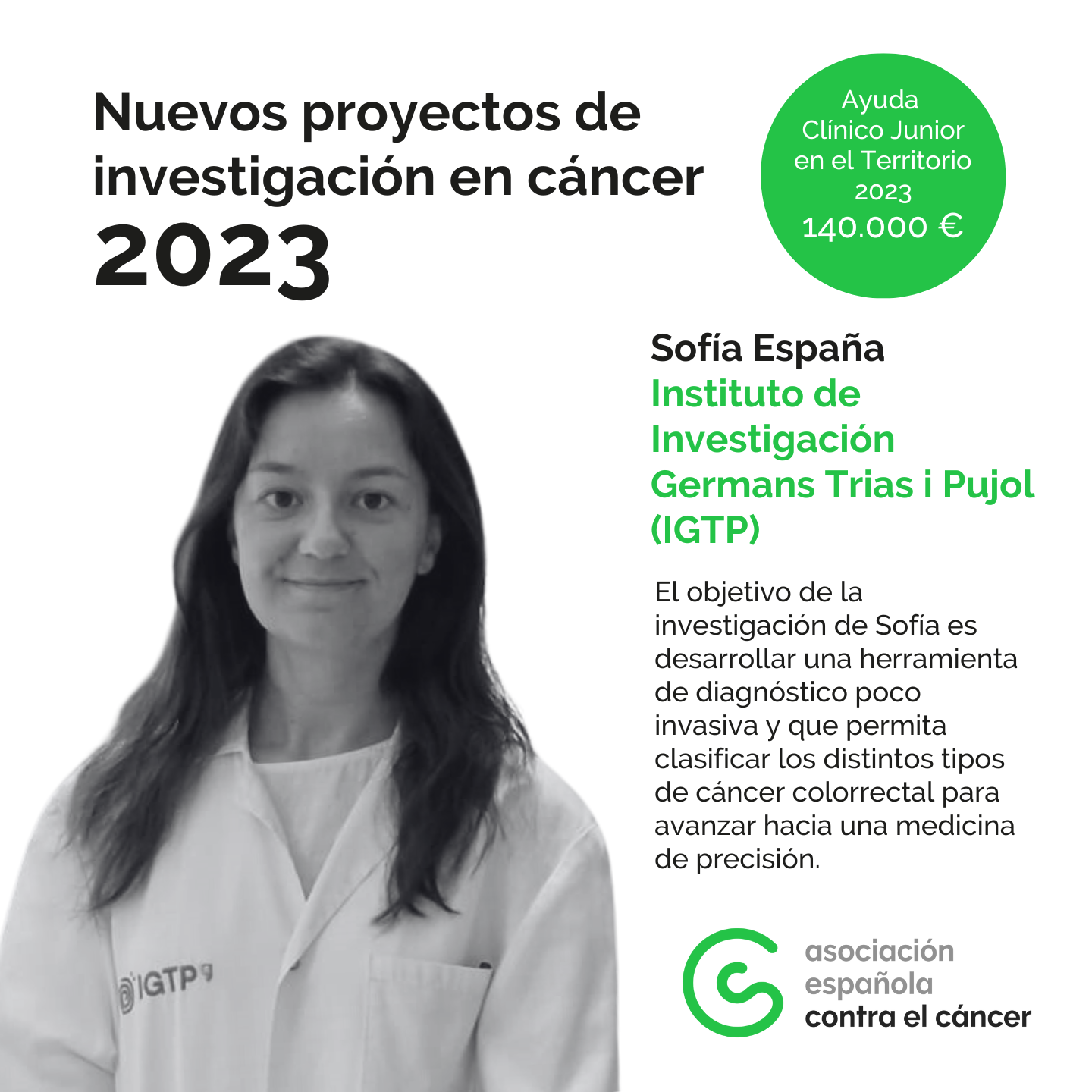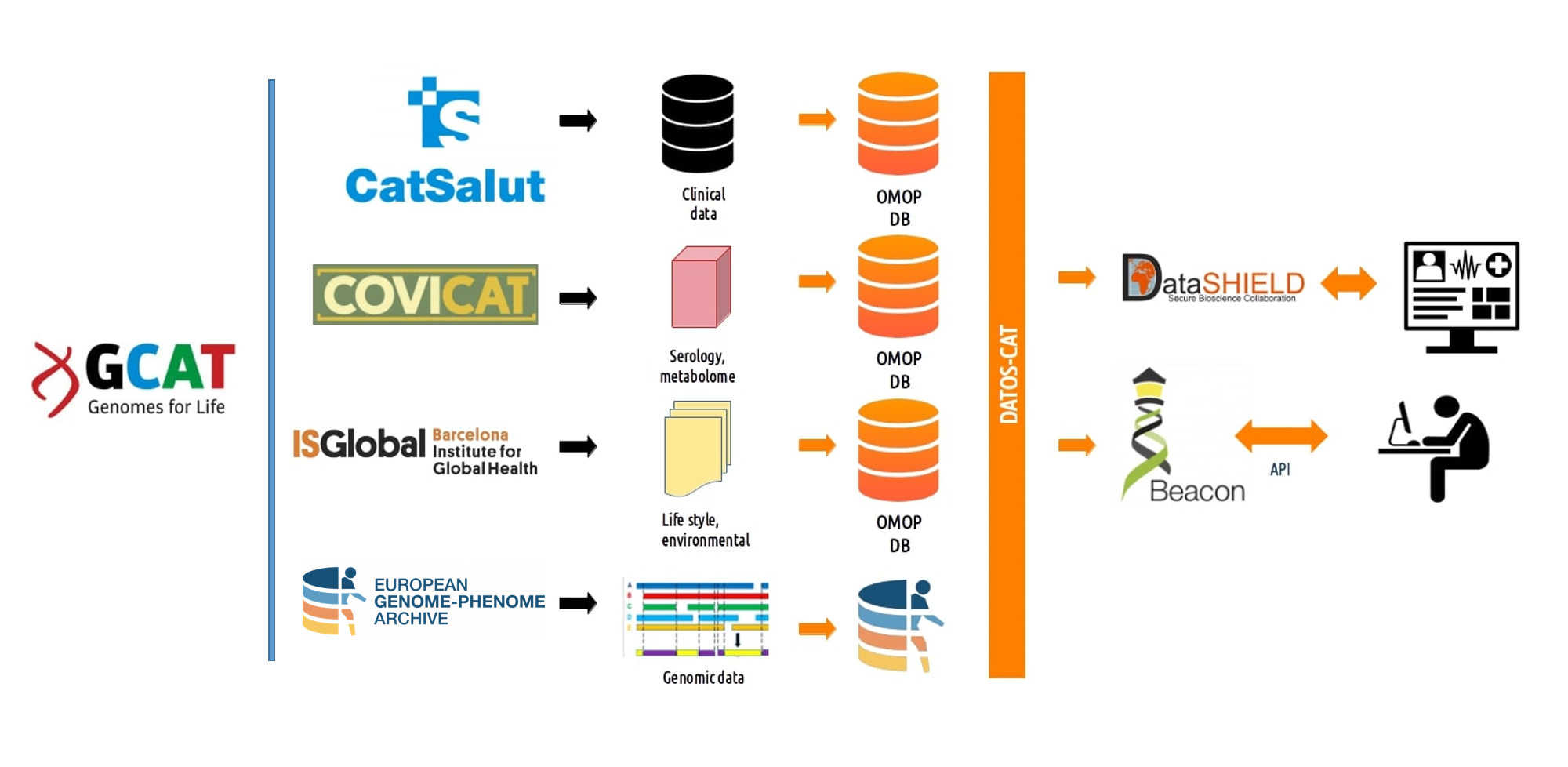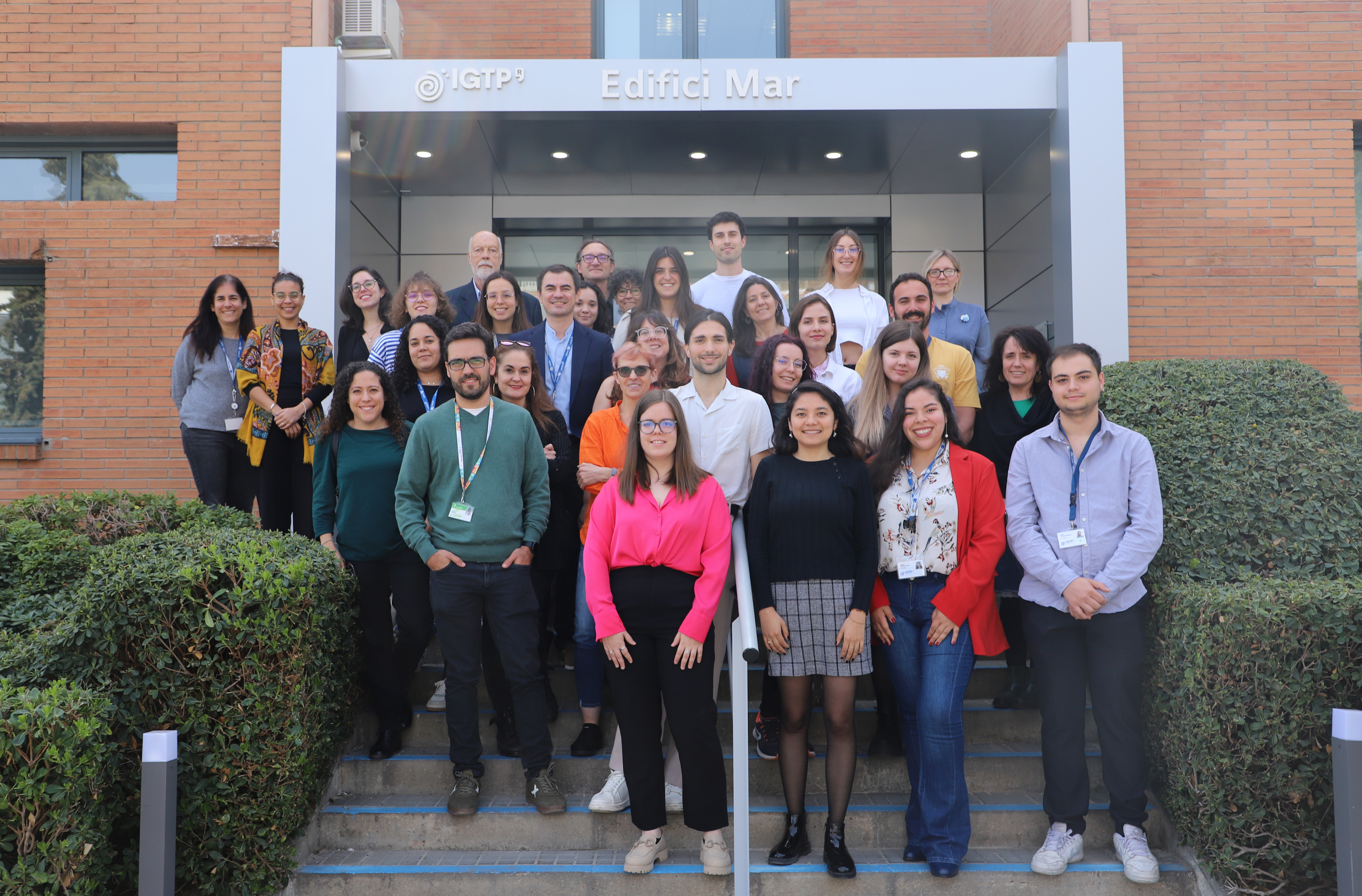Menarini and the Germans Trias i Pujol Research Institute sign an agreement to promote research projects
The organisations are collaborating on two studies in the field of severe Legionella infections and antibiotic resistance. Both projects have been presented by IGTP researchers within the framework of the "Scientific exchanges: join us" program, an initiative by Menarini to share progress and strengthen partnerships in research.


_1728469313.jpg)

